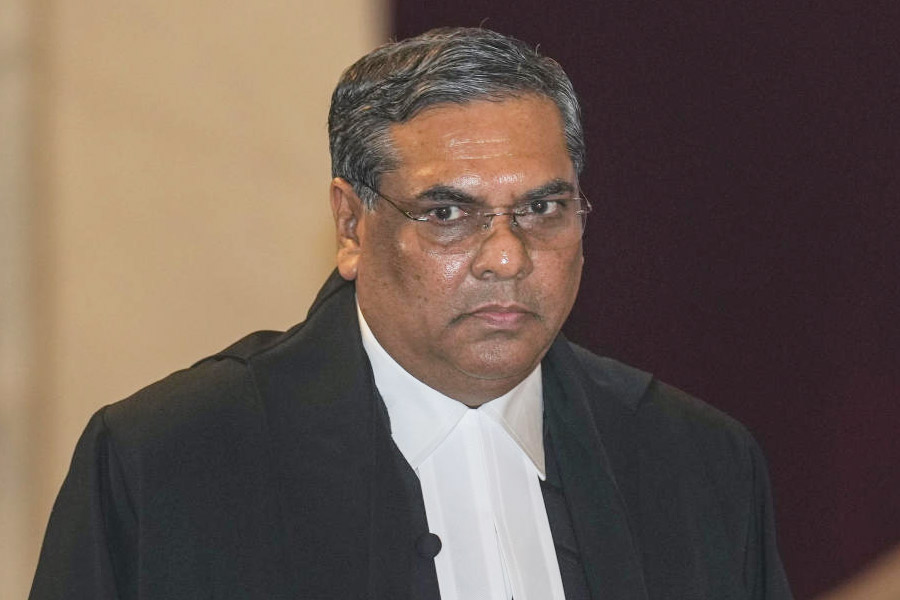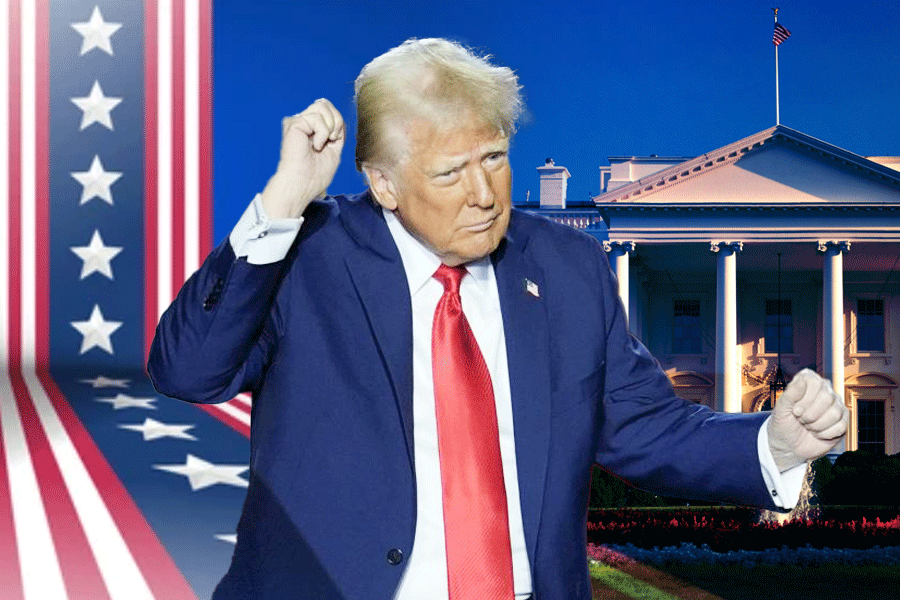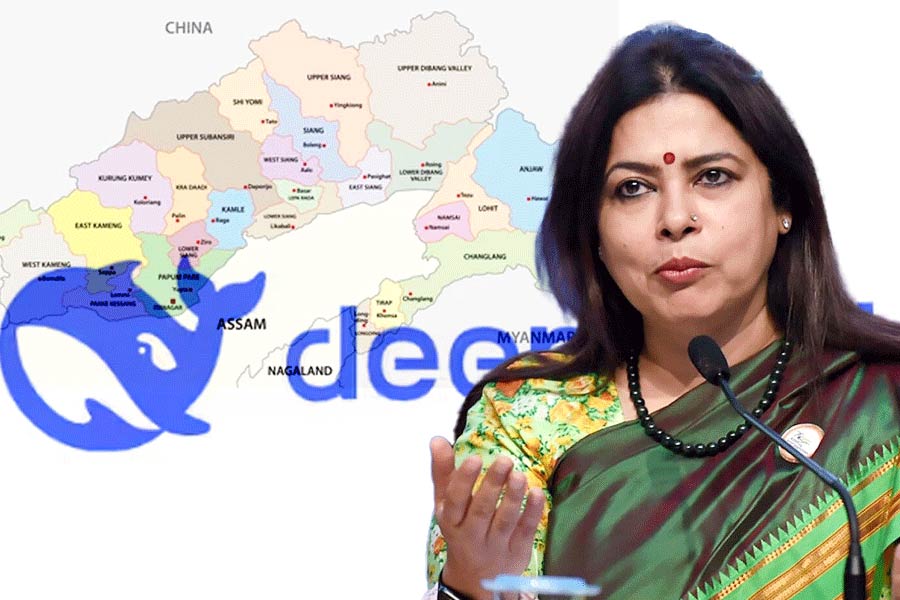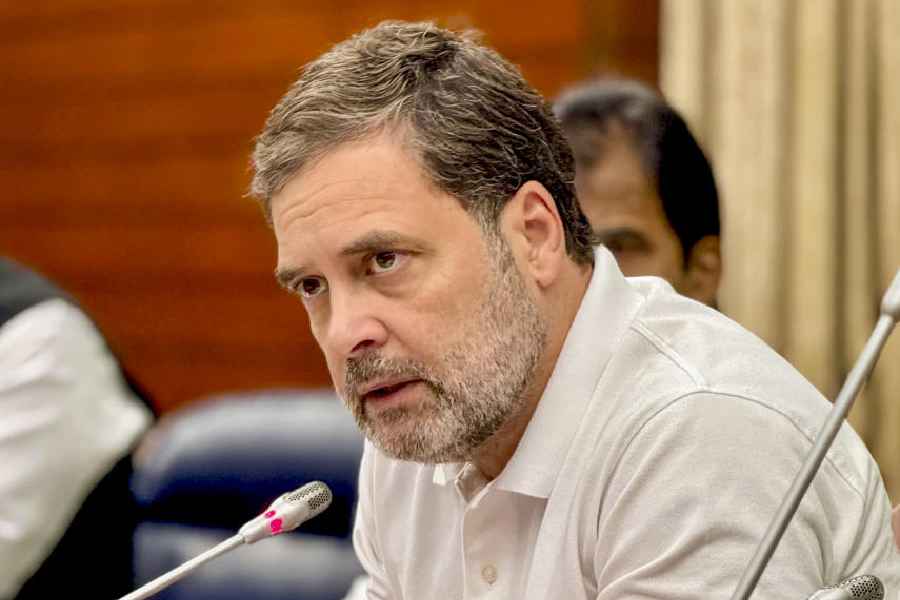Chief Justice of India Sanjiv Khanna on Tuesday said no oral submissions for urgent listing and hearing of cases will be permitted and urged lawyers to either send emails or written letters for it. Usually lawyers mention their cases before the CJI-led bench at the outset of the day's proceedings for out of turn listings and hearing of cases on grounds of urgency.
“No written or oral mentionings anymore. Only in email or written slip/letters. Just state the reasons for urgency,” the CJI said.
The CJI has outlined a citizen-centric agenda for judicial reforms and said ensuring easy access to justice and equal treatment to citizens regardless of their status is the constitutional duty of the judiciary.
Justice Khanna, who was sworn in as the 51st CJI by President Droupadi Murmu at the Rashtrapati Bhavan on Monday, expressed deep honour in leading the judiciary, the third pillar of democracy.
"Judiciary is an integral, yet distinct and independent part of the governance system. The Constitution trusts upon us the role of constitutional guardian, protector of fundamental rights, and responsibility to fulfil the important task of being a service provider of justice," the CJI had said in his first statement on Monday.
He said, "The justice delivery framework in terms of providing equal treatment necessitates fair opportunity to succeed to all, regardless of status, wealth or power, and a just and unbiased adjudication. These mark our core principles." "The responsibility entrusted upon us affirms our commitment as protectors of citizens' rights and as dispute resolvers. It is our constitutional duty to ensure easy access to justice to all citizens of our great nation," he said.
Chief Justice Khanna identified pressing challenges facing the judiciary, including the need to reduce case backlogs, make litigation affordable, and simplify complex legal processes.
Recognising that the justice system must cater to all citizens, he outlined a vision to make courts more approachable and user-friendly.
The CJI aimed to adopt a self-evaluative approach which is receptive and responsive to feedback in its working, the apex court said in a statement.
"Making judgments comprehensible to the citizens and promoting mediation will be a priority," it said.
With a focus on criminal case management, the CJI pledged to prioritise reducing trial durations, adopting a systematic approach, and ensuring that legal procedures are not gruelling for citizens.
He also highlighted the importance of promoting mediation to resolve disputes efficiently and provide timely justice.
Except for the headline, this story has not been edited by The Telegraph Online staff and has been published from a syndicated feed.











